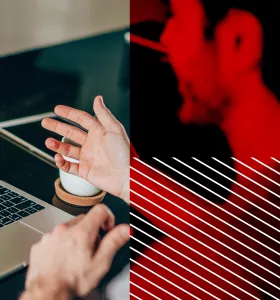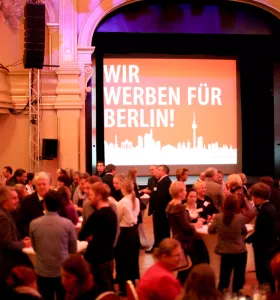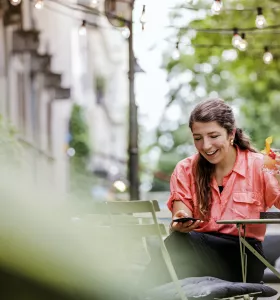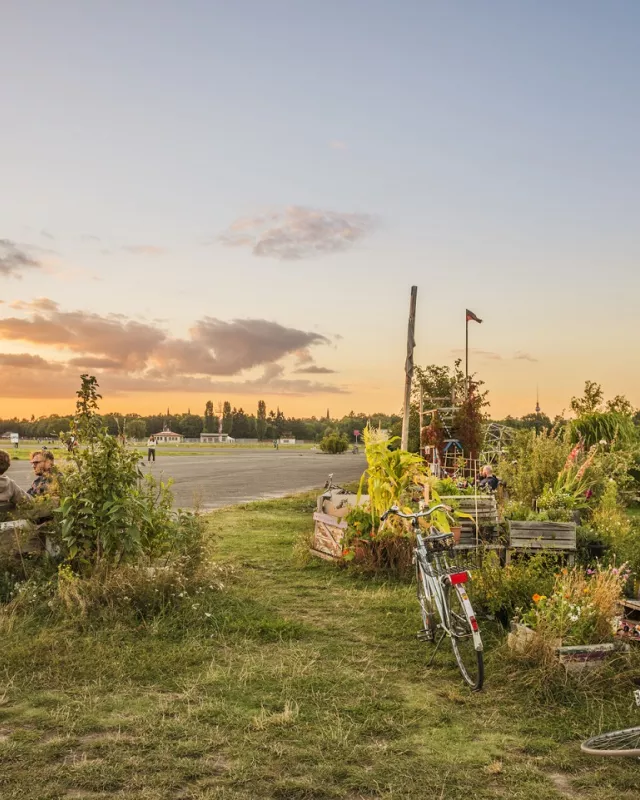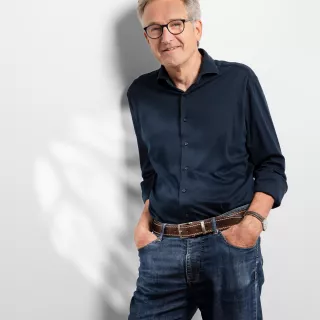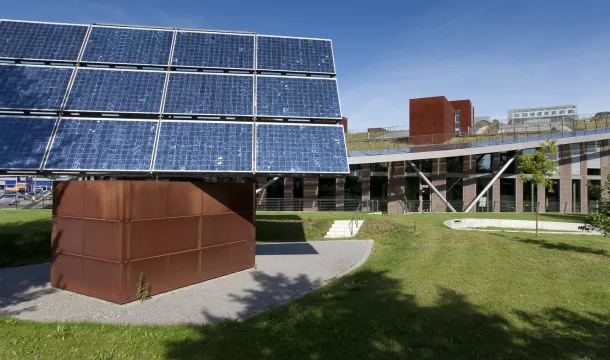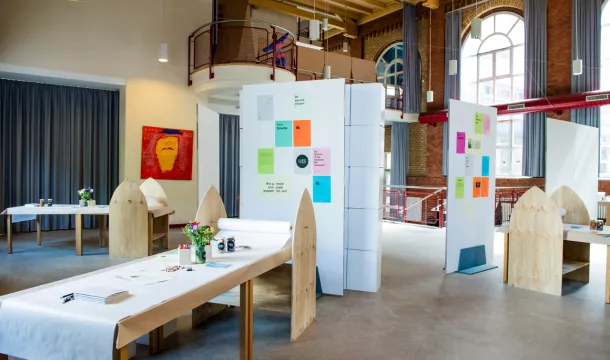Green Urban Projects
Despite all the quintessential German Schrebergärten (private allotment gardens), those who think there is no space for alternative ways of growing vegetables in the city are wrong. The himmelbeet in Berlin’s Wedding district shows how well urban communities can pitch in to make a public garden a success. Fruits and vegetables are grown in high beds and the site has become a meeting place for residents and visitors alike. The harvest is either used by the members, for cooking in the garden café or sold locally with the proceeds being invested in cultural events and social projects. himmelbeet.de
Berlin has developed a reputation for reusing land that was once used for industrial or transport purposes. The best known example is Tempelhofer Feld. When Tempelhof Airport closed in October 2008, the 355 hectare area was able to be converted into a huge, centrally located park. The 250 hectare green space is even larger than the Tiergarten in Mitte. Since May 2010, the park has been accessible to the public and has since become a giant sports and playground for Berliners and tourists alike. Kite boarders roll down the former runway next to in-line skaters, kites fly high in the sky and visitors race on their bikes. Here too, a community garden has emerged, founded by the Allmende-Kontor, a garden network of 900 amateur gardeners. thf-berlin.de , allmende-kontor.de
More urban gardens at a glance can be found on the U-rban Gardening Map created by Seedbomb City: u-rbangardening.seedbomb.city or at anstiftung.de/urbane-gaerten/gaerten-im-ueberblick
Through tiny earth balls filled with flower seeds, projects like Seedbomb City shape the guerilla gardening movement. More and more Berliners are keen to help creating little green oases in the city. Whether on the traffic refuge of a main road, in neglected plant boxes or around the bases of trees, there is always space for a few flowers. Particularly resourceful gardeners even use shopping trolleys filled with earth as mobile beds. seedbomb.city
Taking urban gardening one level deeper, permaculture is a system designed so that nature can do its magic with as little human intervention as possible. Café Botanico is Berlin’s best kept secret to experience this ancient concept. Behind the facade of an old building in Neukölln’s Rixdorf area unfolds a 1000 sqm permaculture garden, where Martin Höfft grows old, forgotten and rare vegetables, fruit and wild herbs such as organic winter kale or wineberries. The harvest is used to supply the adjacent family-run restaurant and turned into hyper-seasonal, organic Italian dishes that couldn’t get any more local. To share his passion, Martin runs regular dinner clubs, garden tours and music nights. cafe-botanico.de
Feeding The City: From Indoor Farms And Aquaponics
Whether it is growing fruits and vegetables for home consumption or preparing local producers for future demands, urban farming is certainly the way forward. But it is not just an outdoor trend. Large-scale gardening can take place indoors, too, as can be seen at InFarm. In Berlin’s Kreuzberg district, an interdisciplinary team of hydroponic experts grows herbs, lettuce, vegetables and fruit in modular systems in its 310 sqm greenhouse. InFarm was the world’s first company to bring vertical farms into a supermarket. Meanwhile, the startup supplies more than 50 locations in Berlin, from grocery stores, hotels, restaurants (including world-famous Michelin-star chef Tim Raue), shopping malls and schools. The ambitious plan for 2019: to set up 1000 farms all over Europe. infarm.com , tim-raue.com/en
Being the city of choice for so many innovative startups, it is no surprise that Berlin is also home to Europe’s largest aquaponic farm. On the site of the reused Malzfabrik, ECF Farmsystems works towards the vision to give our growing urban population access to sustainably sourced, fresh, local produce. Farming their own vegetables and fish on 1800 sqm, the commercial focus is on building modular aquaponic systems for sale. Tours of the ECF farm are open to the public every Tuesday and upon request for private groups. ecf-farmsystems.com/en , ecf-farm.de
Using the vast empty space in Berlin’s Eastern outskirts, Stadtfarm is another young startup that lifts us into a new era with smart urban farming. Using technology to produce quality, nutritious and ultra-local foods, the yield is fresh fish, salads and seasonal vegetables. With a more personal approach, Stadtfarm brings in the local community, hosting regular tours, farmers markets and offering a delivery service. stadtfarm.de
Berlin’s third aquaponic pioneer, the Roof Water Farm is growing strawberries and fish on the rooftops of Kreuzberg.. A project run by a talented research team of Berlin’s Technical University, the farm is a testing ground for urban food production and innovative city water management. roofwaterfarm.com/en
Urban Visions And Visionaries
Something Berliners are really good at is fighting for their right for public space. The city is a magnet for imaginative out-of-the-box thinkers who try to reshape its grounds to the best use for all citizens.
A swimming trip in Berlin’s historic center might soon become reality with Flussbad Berlin. The non-profit organisation is planning a 750 metre long swimming pool in the unused Spree channel between Schlossplatz and the UNESCO site of Museum Island. Plans call for natural wetlands and a reed bed to provide natural purification of the river water. Founded by architect brothers Jan and Tim Edler, the initiative dates back to the 1990’s, an era where everything seemed possible. More than twenty years on, the project is committed to a sustainable, integrative development of the urban environment, while transforming a lost part of the city into a publicly accessible space for recreation. Back on land, Radbahn plans to convert the forgotten space along Berlin’s iconic elevated subway line U1 into a covered bicycle highway from Zoo to Oberbaumbrücke. The dream: to build a major urban thoroughfare and a space for contemporary mobility, interaction and social life. flussbad-berlin.de , radbahn.berlin/en
Places Of Transformation: Reinventing Life, Work And Leisure
Former industrial sites have become home for ecological, social and cultural projects across Berlin, such as the ufaFabrik in Tempelhof. Dedicated Berliners founded a sustainably oriented cultural and social centre here already back in 1979. The energy comes from combined heating/power plants on the former factory site; some roofs were planted and rain water has been converted into domestic water which greatly reduces the consumption of drinking water. The Malzfabrik in Schöneberg is currently being sustainably redeveloped in a similar way. The site of the historic malt house includes a greenhouse and an urban fish farm, which compose Europe's largest urban hydroponic farm. The Malzfabrik is an ecological flagship project bringing production close to the place of consumption, thus resulting in massive energy savings for transport of fresh food. malzfabrik.de/en , ufafabrik.de/en
On the site of the former KINDL brewery, the CRCLR House set out to build a better world as Berlin’s ground zero for circular economy practices, aiming to reuse, reduce & recycle resources that already exist in abundance. The result: a once abandoned 2200sqm beer storage warehouse is now home to a collective of entrepreneurs, activists, scientists, artists, designers, hackers, developers and startups trying to find solutions for the pressing challenges of our society. Since the takeover in 2016, the space has been transformed using only reclaimed, upcycled materials and has hosted events and performances, artist studios in the basement, as well as a co-working space and a small community garden. In 2019, the CRCLR will undergo a large expansion with 2.5 additional floors, serving as a real-life-experiment for resource-saving architecture in Berlin. The vision for 2020: a greenhouse on the rooftop and recycling workshops on the ground floor. crclr.org
The CRCLR House is one of three stakeholders which currently form the VOLLGUT areal, patronised by the Swiss foundation Edyth Maryon. The foundation bought most the KINDL areal and issued building leases to projects with the goal of making one of Neukölln’s largest industrial wastelands accessible for long-term social, creative and ecological use. Opposite the KINDL brewery, 36 students of the Natural Building Lab initiative by Berlin’s Technical University designed and realised the VOLLGUT info hub. Built only from waste materials such as upcycled cardboard boxes and reused timber beams, the circular building embodies a new way of urban architecture for a post-consumer society. maryon.ch/liegenschaft/vollgut , infozentrale.berlin nbl.berlin
An unusual project on the banks of the River Spree in Friedrichshain is the Holzmarkt site which, until 2010, has been home to the legendary techno club “Bar 25”. Because the site was to be sold, the Bar 25 operators sought out a financially strong partner, took part in the tendering process and, to the surprise of many observers, got the contract to develop the area. The Holzmarkt Genossenschaft is not only developing the property, but also realising urban utopias. Aiming to bring together business, culture and nature they built a mix of creative village and public park that doesn’t exist anywhere else. It includes a market square, a house brewery and bakery, studios for music producers and record labels, a kindergarden, event halls for live concerts, plays or film screenings, the ‘Pampa’ (a community area and hangout by the river banks), the restaurant Fame and the Kater Blau club. holzmarkt.com , katerschmaus.de , katerblau.de
